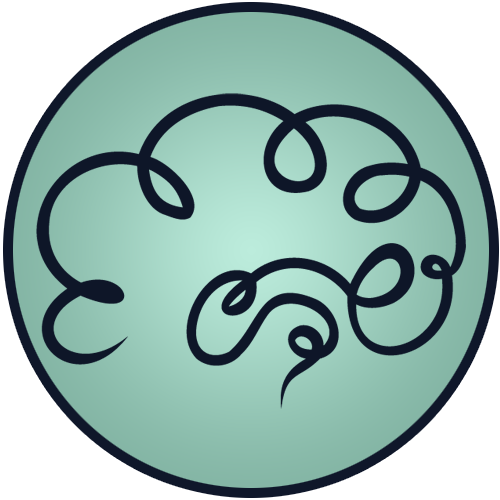Depression affects millions of individuals worldwide, irrespective of age, gender, or background. Understanding the symptoms and exploring treatment options are crucial steps toward effectively managing this pervasive mental health condition. In this article, we’ll delve into the various symptoms of depression and examine the diverse range of treatments available to support individuals on their path to healing.
Recognizing the Symptoms
Depression manifests differently in each person, but there are common signs and symptoms:
- Persistent Low Mood: Feeling persistently sad, anxious, or empty, often without an apparent cause.
- Hopelessness and Pessimism: A pervasive sense of hopelessness about the future and a generally pessimistic outlook on life.
- Irritability and Restlessness: Unexplained feelings of irritability, frustration, or restlessness, even in typically calm situations.
- Low Self-Worth: Feelings of guilt, worthlessness, or helplessness, often accompanied by self-critical thoughts.
- Loss of Interest: no interest or displeasure in activities that were once enjoyable, such as hobbies, socializing, or work-related tasks.
- Fatigue: Persistent fatigue, low energy levels, or a feeling of being physically slowed down.
- Cognitive Difficulties: Challenges with concentration, memory, or decision-making, making even simple tasks seem overwhelming.
- Sleep Disturbances: Changes in sleep patterns, including difficulty falling asleep, waking up too early in the morning, or oversleeping.
- Appetite Changes: Significant changes in appetite, leading to unintended weight loss or gain.
- Physical Symptoms: Unexplained physical symptoms like headaches, digestive problems, or chronic pain without a clear medical cause.
- Thoughts of Death or Suicide: Persistent thoughts of death, dying, or suicidal ideation, or actual suicide attempts.
Treatment Options
Fortunately, depression is a highly treatable condition, and several effective treatments are available:
- Psychotherapy: Also known as talk therapy, psychotherapy involves meeting with a trained therapist to explore thoughts, feelings, and behaviors contributing to depression. Cognitive-behavioral therapy (CBT), interpersonal therapy (IPT), and dialectical behavior therapy (DBT) are common therapies for depression
- Medication: Antidepressant medications, such as selective serotonin reuptake inhibitors (SSRIs) and serotonin-norepinephrine reuptake inhibitors (SNRIs) can help alleviate symptoms by rebalancing neurotransmitters in the brain.
- Lifestyle Modifications: Engaging in regular exercise, maintaining a healthy diet, getting adequate sleep, and avoiding alcohol and drugs can have a positive impact on mood and overall well-being.
- Mindfulness and Relaxation Techniques: Practices such as mindfulness meditation, yoga, deep breathing exercises, and other relaxation techniques can help reduce stress and promote emotional well-being.
Seeking Help and Support
If you or someone you know is experiencing symptoms of depression, it’s crucial to reach out for help and support. Speak to a trusted friend, family member, or healthcare professional who can offer guidance and assistance in accessing appropriate treatment. Remember that you are not alone.
Conclusion
Depression is a challenging condition, but it is not insurmountable. By recognizing the symptoms, understanding the available treatments, and seeking help and support, individuals can take positive steps toward healing. With the right support network and treatment plan in place, it’s possible to manage depression and live a fulfilling life. Remember, there is always hope, and help is available for those who reach out.


